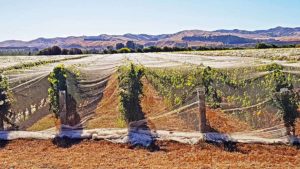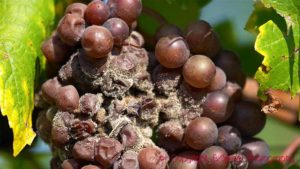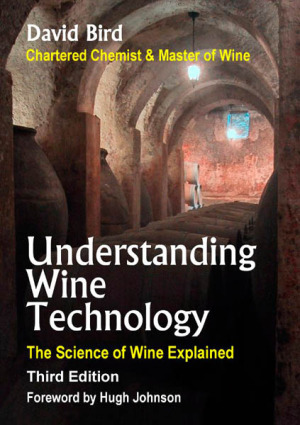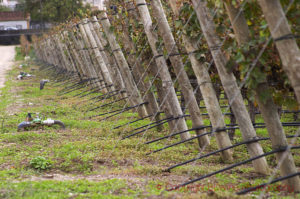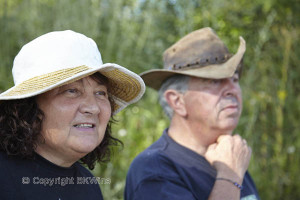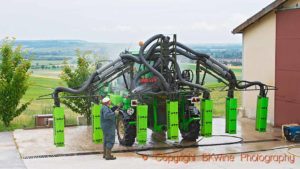
Less spraying with resistant grape varieties
For more than a decade there has been research going on in France in order to obtain grape varieties that are resistant to the fungal diseases oidium and mildiou. The research organization INRA believe that

